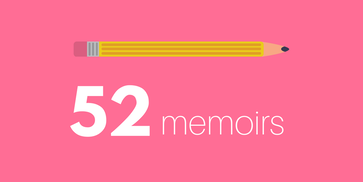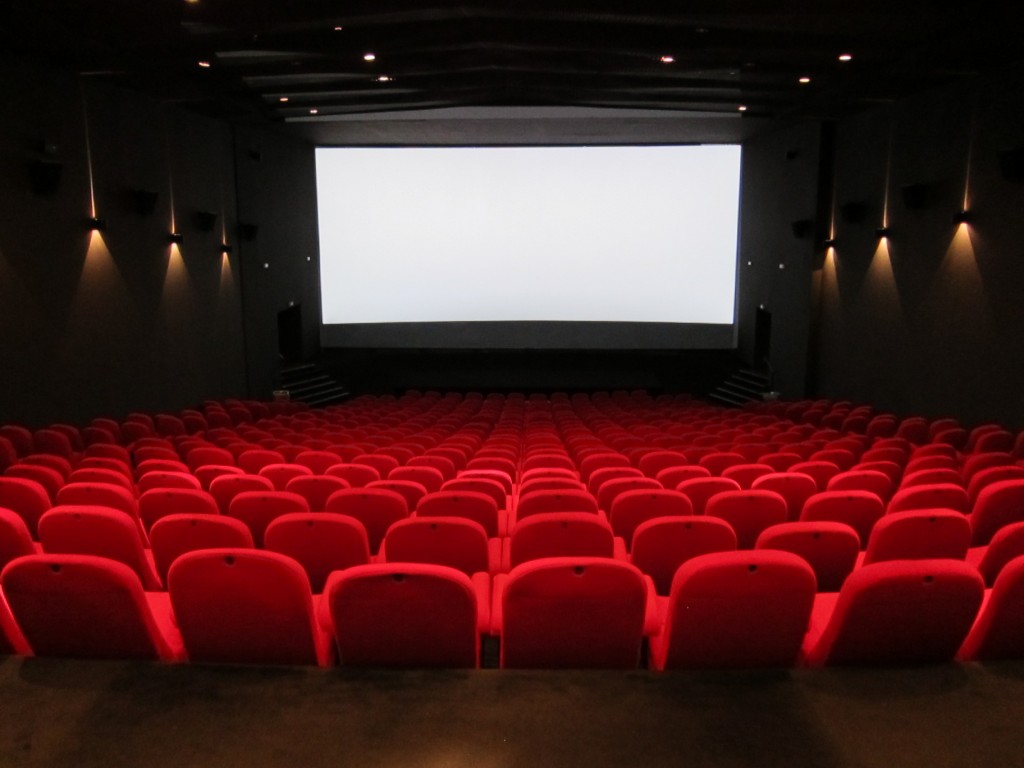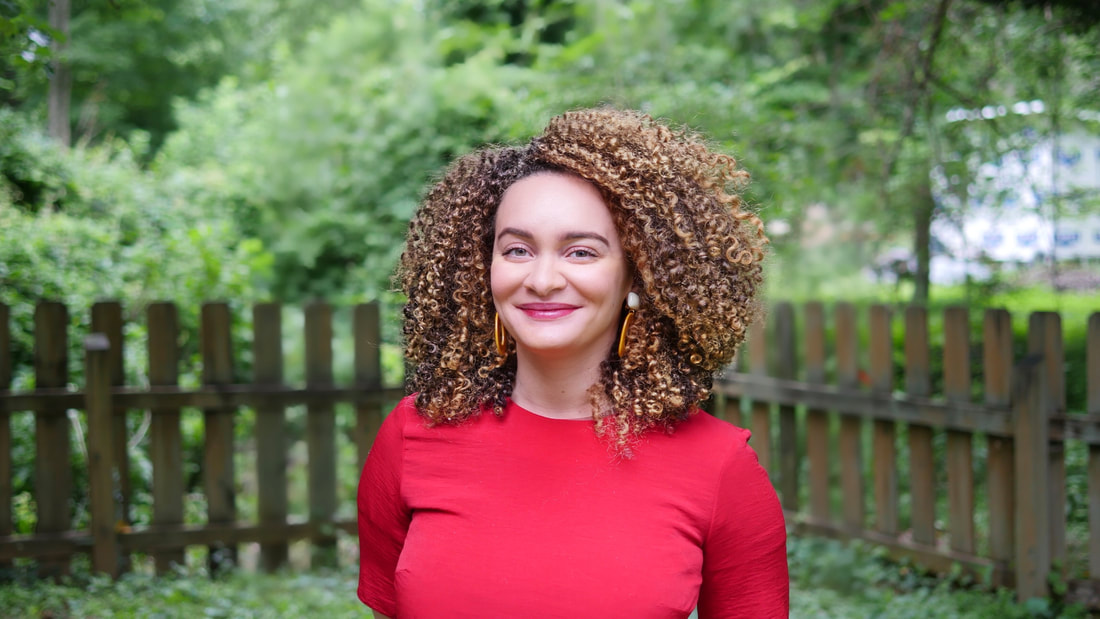|
As I type this right now, I’m sitting on a flight from London to Abu Dhabi. It’s only a seven-hour flight (which for an Australian isn’t very far) so I’m using this time wisely. Getting work done, clearing my backlog of emails, and watching the right movies.
Consuming fiction is important to me because it’s my main form of cathartic release. I am a very emotional person who feels things deeply. As a teenager up until a few years ago, I experienced ongoing depression and anxiety. Sometimes I couldn’t get out of bed for days. Sometimes I’d drive to a party, sit in my car outside, and then drive home after an hour because I was too afraid to talk to anyone. Sometimes I’d treat people I cared about horribly, in an attempt to push them away and further isolate myself. As silly as it may seem to some, a lot of films can trigger very intense reactions from me, so I need to carefully complement my current emotional state when deciding to watch something. Novels are a lot easier to manage because I can put them down and come back later – I feel like I’m in control when I read. The same logic doesn’t apply when I’m watching something. Only when I’m feeling particularly strong and secure can I handle watching ‘brilliant’, meaningful and artistic films, the kind that leave me introspective, analysing myself and society for days. When I’m feeling run down or vulnerable, I watch something funny or uplifting to balance that out. I’m not feeling up for heavy content today, so I watched The Intern. Even in a movie as light-hearted as this one, I cried about a dozen times. I couldn’t help it – I found the raw humanity in everything. Robert de Niro’s character, describing his solitude and his need to stay busy after his wife passed, reminded me so much of my own Nanna who was such an important part of my life. Anne Hathaway’s character raised a lot of my own securities about being a successful woman and ‘having it all’. After the film, I sat and contemplated what success and happiness could look like over a lifetime in the modern world, and the fourth industrial revolution, for about an hour. Yep. I got there by watching a Hollywood flick about a retiree doing an internship. Nothing can really be ‘light’ for me – that isn’t how I’m wired. My emotions used to cripple me, but I didn’t understand any other way to be. Unlike many other people who have depression, I rarely felt there was something wrong with me. Sometimes, when I would feel the weight of my sadness crushing me, I’d look around and instead wonder what was so wrong with everyone else. I felt like I was awake to the world, and being so unhappy was a consequence of having my eyes open to what was going on around me. I felt like the ‘happy’ people were ignorant and didn’t really care about the world. But I also felt like resentment and darkness were consuming me, and I desperately wanted to be someone who was full of light. I wanted to be the person I believed in being, but I felt so crippled and incapable of achieving it. When I was about nineteen, I felt sustained happiness for the first time. It didn’t last long, but I felt it. And it was so markedly different from how I’d been living before. It was like the sun peeked through the clouds of the perpetual storm I lived within and I finally realised that conscious, caring, and ‘woke’ happiness was possible. I’ve gradually learned how to channel my emotional intensity in positive ways, but it’s a daily journey and it takes work. I always need a creative outlet of some kind. I need to listen to music. I give myself social space - that is, I decline to make plans and I let myself be alone when I need to be. I always search for positives, no matter how hard it is. Every time someone does something kind for me I write it down in my gratitude journal (really) so that when negative voices creep in, I can remember I’m not alone. I work to balance being firm, having strong beliefs and asserting my own boundaries with being warm, compassionate and genuine. Watching movies and shows helps me keep functioning. Characters in fiction, particularly, give me people to empathise with (without the ‘reality’ becoming too much) and allow me to express my emotions. Instead of my energy spilling out and overwhelming me (and those around me) during particularly big moments – I get angry when there’s a shocking Game of Thrones murder (of which there are obviously many), anxious when Outlander’s Claire and Jamie are attempting to prevent Scottish defeat in the war against the English, and laugh with Kimmy Schmidt and Titus Andromedon. So maybe you understand a little of why it’s hard for me to pick my next in-flight entertainment option… which parts of myself do I want to explore next? This is the sixth in a series of 52 Memoirs I will be posting weekly until April 2018. Look out for new posts every Wednesday! |
AuthorMy name is Keeya-Lee Ayre, but I go by just Keeya if the context is casual. I'm American-born, Australian-raised, and living in Atlanta after a 2 year stint in London. I work in the humanitarian innovation / tech / social impact space. You can follow me on twitter here! Archives
February 2018
Categories |




 RSS Feed
RSS Feed